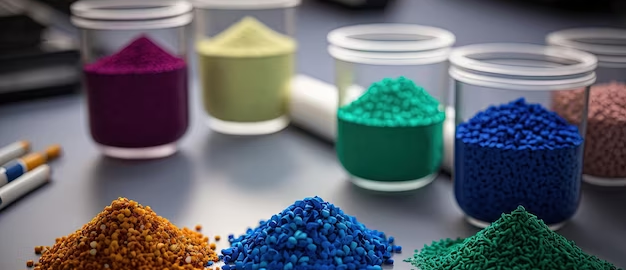In the dynamic world of plastic recycling, staying ahead means embracing innovations that redefine industry norms. Technological advancements are not just desirable; they are imperative for a sustainable future. The context today is shaped by an urgent need to elevate recycling processes to new heights, meeting the growing demands for efficiency and environmental responsibility.
The current scenario in plastic recycling is at a crossroads. Conventional methods, while effective, face challenges in handling the sheer volume and diversity of plastic waste. This situation has led to an industry-wide realization that embracing innovations is not just beneficial but necessary for long-term viability. Current practices, while commendable, are now being supplemented by cutting-edge technologies that promise to revolutionize the entire recycling landscape.
The catalyst for change in plastic recycling is undoubtedly technological innovation. From advanced sorting systems powered by artificial intelligence to the revolutionary concept of chemical recycling, these catalysts are driving the industry toward a more sustainable and efficient future. Bio-based plastics, derived from renewable resources, are also emerging as a transformative force, promising a closed-loop system that significantly reduces reliance on fossil fuels.
The danger lies not in these innovations but in failing to adopt them swiftly. The risk is a stagnant industry grappling with the growing environmental crisis. Without embracing these changes, we face an escalating danger – an ever-mounting pile of unrecycled plastics, contributing to pollution, resource depletion, and climate change. The danger is in overlooking the urgency of this transformation and underestimating its potential consequences.
The solution to this impending crisis is crystal clear – embrace and invest in these technological innovations. The change we seek requires a fundamental shift in our approach to plastic recycling. By incorporating AI-driven sorting systems, exploring the possibilities of chemical recycling, and promoting the use of bio-based plastics, we pave the way for a more sustainable future. The solution lies not just in adopting these technologies but in making them the industry standard, ensuring a collective commitment to a greener, healthier planet.
